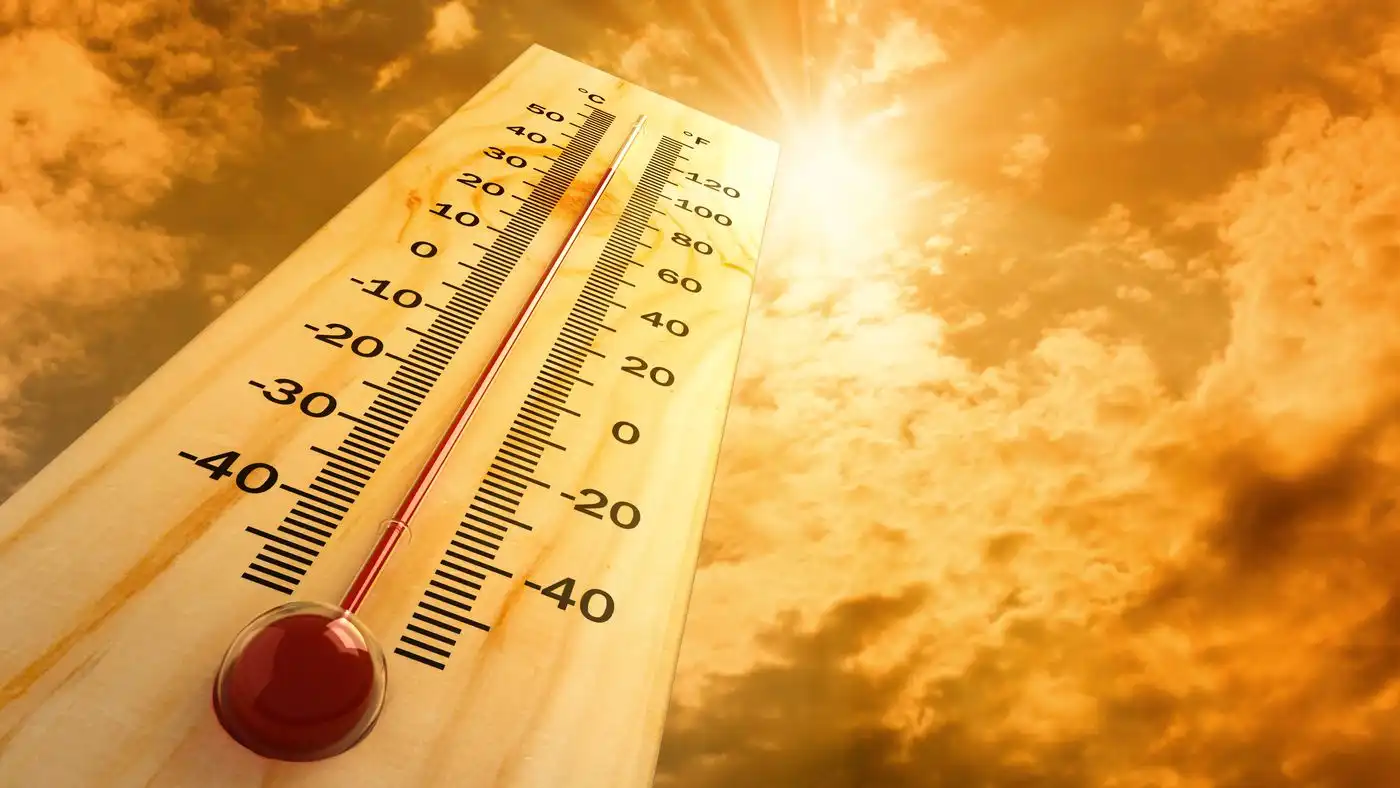Global warming refers to the long-term rise in the average temperature of the Earth’s climate system. It is a major concern worldwide given its implications for the environment and human societies, although there are some people who deny it’s happening. Here are some of the main causes that scientists believe are contributing to global warming.
Greenhouse Gas Emissions
The burning of fossil fuels like coal, oil and gas emits greenhouse gases such as carbon dioxide and methane into the atmosphere. China is the biggest polluter, followed by the United States, India, and the EU.
These gases trap heat from the sun, causing the greenhouse effect that leads to increased global temperatures. The massive use of fossil fuels for energy, transportation, manufacturing and other human activities since the industrial revolution has led to a dramatic rise in atmospheric greenhouse gas levels. Click contact us to learn more about how greenhouse gas emissions contribute to global warming.
Industrial Processes
Certain industrial processes that produce chemicals like cement, steel and iron also emit significant greenhouse gases. Manufacturing goods requires energy often derived from fossil fuels. Many industries also release byproduct greenhouse gases during manufacturing. All these emissions accumulate in the atmosphere, enhancing the greenhouse effect.
Agriculture Practices
Modern agriculture has increased the amounts of methane and nitrous oxide in the atmosphere, both potent greenhouse gases. Methane is produced by rice paddies, cattle ranching and landfills. Nitrous oxide gets released from chemical fertilizers used to enrich agricultural soils. These emissions mainly originate in developing countries. If we all ate less meat, it would have a big impact on global emissions.
Population Growth
A growing global population necessitates more food production, resulting in more greenhouse gas emissions from agriculture, transport and industry. Developed countries have high per capita emissions due to human activity. Developing nations have rapidly growing populations seeking better standards of living based on fossil fuels, driving climate change.
Deforestation
Deforestation across continents like South America, where cutting down forests for timber production, cattle ranching, development and agriculture is endemic, has contributed to global warming. Trees naturally take in CO2 and emit oxygen. With fewer trees, more greenhouse gases enter the air. Fewer trees also mean less absorption of CO2. Forests further help maintain cool climates and rainfall patterns, changes to which affect atmospheric greenhouse gas levels.
Transportation Sector
The burning of gasoline and diesel to power cars, trucks, ships and airplanes produces considerable amounts of carbon dioxide. Petrol-based vehicles have grown substantially over the past decades with more people traveling by air as well. Transportation emissions account for around 15% of global fossil fuel emissions. As transportation demand grows, greenhouse gas emissions rise.
Global warming is driven by increased atmospheric greenhouse gas levels from human activities. The use of fossil fuels for energy production and transportation coupled with agriculture, industry, deforestation and population growth have all contributed to the elevated greenhouse gas concentrations that trap heat and warm the planet. Addressing the causes of climate change will require reducing our greenhouse gas emissions across all sectors of the global economy.




